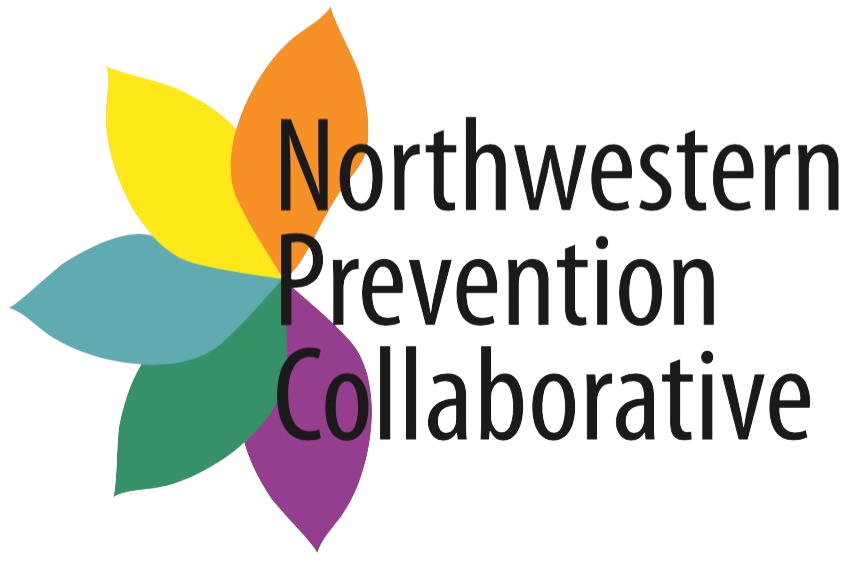What is Stigma?
When you hear the word “stigma,” what do you think of? What picture comes to mind?
Dictionary.com defines stigma as “a mark of disgrace or infamy; a stain or reproach, as on one’s reputation,” or “a mental or physical mark that is characteristic of a defect or disease: the stigmata of leprosy.”
Perhaps this brings to mind the classic book The Scarlet Letter by Nathaniel Hawthorne. The red “A” on Hester’s dress was certainly a visible mark of stigma, placed there by society.
“Stigma is a complex social phenomenon based on a relationship between an attribute and a stereotype that assigns undesirable labels, qualities, and behaviors to a person with that attribute. Labeled individuals are then socially devalued, which leads to inequality and discrimination.”1
Stereotype. Undesirable. Labeled. Devalued. Inequality. Discrimination.
Those are terms that are disheartening. Hester certainly experienced those, and we read her tale with fascination…but these traits aren’t things we aspire to include in our lives. And yet, as Ending Discrimination Against People with Mental and Substance Use Disorders, The Evidence for Stigma Change goes on to say, “Estimates indicate that as many as 1 in 4 Americans will experience a mental health problem or will misuse alcohol or drugs in their lifetimes. These disorders are among the most highly stigmatized health conditions in the United States, and they remain barriers to full participation in society in areas as basic as education, housing, and employment.”1
Stigma is a revelation of our societal biases. It is the negativity we associate with people who have a certain condition. And sadly, it is a burden we place on those who have mental health issues or a substance use disorder. We take the negativity of the disease and place it on the person.
Stigma Impacts Recovery
For those in recovery, the stigma of addiction can keep them from staying in recovery. The feelings of isolation, the difficulties in finding a job or a place to live, and difficulty in enrolling in programs that would help them move forward in life—all of this can combine into pressing them back down into depression and loneliness, making it harder to stay in recovery.
A Washington Post article from 2018 noted that working helps people overcome substance misuse. “It provides income and health benefits, of course, but also can instill meaning and purpose in their lives, which are powerful incentives to stay off drugs. In some cases, work also provides the sense of being part of a team. It can make [them] feel like they are shedding their roles as outcasts and rejoining their communities.”2
Fortunately, there is hope. There are companies that define themselves as “recovery friendly,” places where people in recovery feel valued, safe, and welcome. To learn how your company can develop a recovery-friendly workplace, visit Recovery.org.
As individuals, we need to do better. We need to educate ourselves about mental health disorders and substance use disorders, and how we can help people succeed. We need to put aside our discomfort and have a conversation with understanding and compassion. When we each begin taking the hand of someone in need, and help them to step up, we set the example for society to follow.
Sources:
1Committee on the Science of Changing Behavioral Health Social Norms; Board on Behavioral, Cognitive, and Sensory Sciences; Division of Behavioral and Social Sciences and Education; National Academies of Sciences, Engineering, and Medicine. Ending Discrimination Against People with Mental and Substance Use Disorders: The Evidence for Stigma Change. Washington (DC): National Academies Press (US); 2016 Aug 3. https://www.ncbi.nlm.nih.gov/books/NBK384915/
2 “One of the biggest challenges of kicking addiction is getting and keeping a job,” The Washington Post, November 27, 2018. https://www.washingtonpost.com/national/health-science/one-of-the-biggest-challenges-of-kicking-addiction-is-getting-and-keeping-a-job/2018/11/27/87e8a168-d958-11e8-aeb7-ddcad4a0a54e_story.html




Comments are closed.